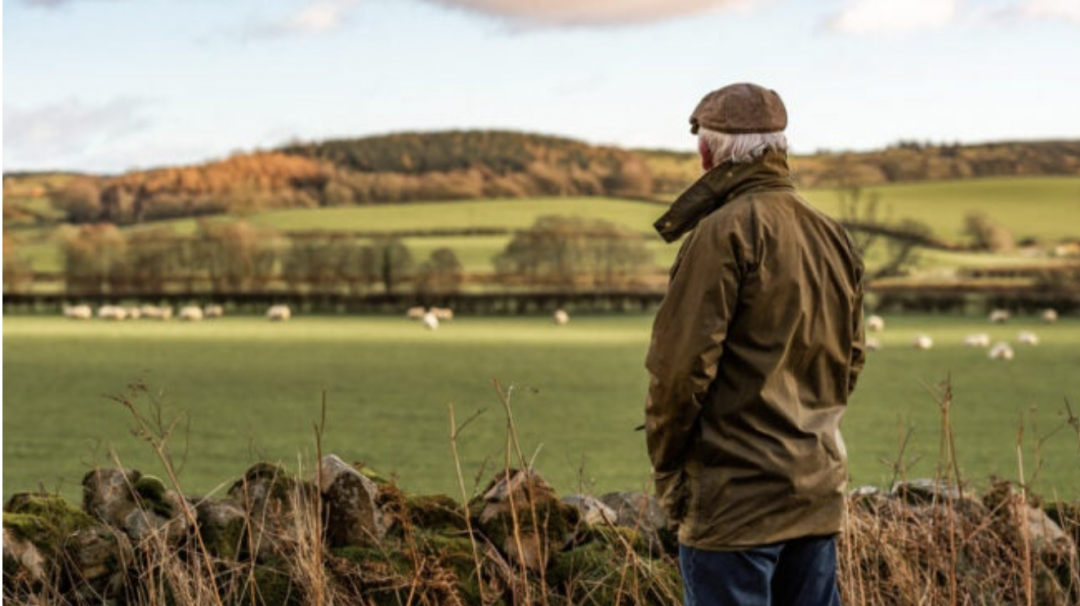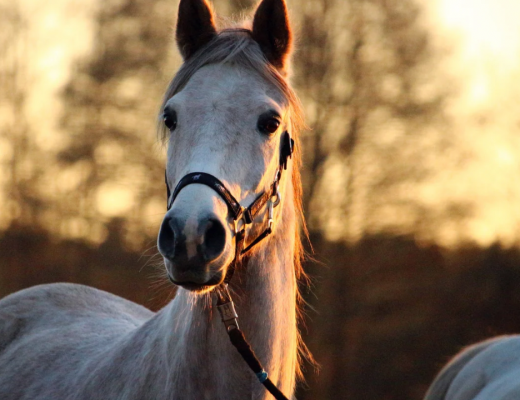Farm Diversification can considerably improve the economic viability of many farm businesses, whilst also benefitting the rural economy and community by providing additional job opportunities.
It is becoming increasingly apparent that farmers must recognise the need for diversification if they are to successfully apportion risk and future-proof their business.
Landowners are particularly looking to utilise parts of their land that are unusable for farming, and unused buildings.
The NFU says that 33% of farmers have already diversified, including new ventures such as Glamping, PYO, Equestrian use and dog walking areas.
According to figures released by the Department for Environmental, Food and Rural Affairs (Defra), 65 per cent of farm businesses in England had some diversified activity in 2018/19, near identical to 2017/18. Total income from diversified activities in 2018/19 was £740 million, a 6 percent increase from 2017/18 (£699 million).
Remunerative opportunities for landowners seeking to diversify can be found in the UK’s fast-growing pet sector. The industry projections suggest it will be worth in the region of £2.1bn by 2023. A significant growth.
With potential, though, can come risk, and it’s worth seeking professional advice. Enlisting a chartered accountant and business adviser, will support you with the development of a new business plan and with assessing the viability of any venture. They will ensure that you are compliant with regulation, and understand the tax implications associated with your new enterprise. The wider tax implications should be considered including, for example, Stamp Duty Land Tax, VAT, Inheritance Tax and Business rates.
The NFU also say:
‘Many family farms benefit from Agricultural Property Relief (APR) and Business Property Relief (BPR), which can reduce or eliminate IHT on farming and other business assets.
A key requirement in securing APR is that the land or buildings must be occupied for agriculture, so converting farm buildings and letting them out for non-agricultural use, such as workshops, storage units or residential letting, will normally mean that APR is lost.
In order to get BPR, the land or buildings must normally be used for trading rather than investment purposes. Diversifications that involve collecting rent with minimal management or provision of services, are likely to be treated as investments and so less likely to qualify for BPR.
Getting the structure of the diversified business right can help preserve valuable Inheritance Tax reliefs.“
Diversification doesn’t have to be scary, its all about understanding the processes, implications and financing. Thats what T&T Concierge Services is here for, to assist in finding out all the information you require.
Is this something you may be interested in? T&T Concierge Services has clients waiting for Land, which you may be able to facilitate.
Are you intrigued to know more about how connecting with T&T Concierge Services could help you, or you’re just interested in staying in the loop with landowners in the area. Join our Mailing List to join our confidential portfolio of landowners, and have access to a high calibre network within Vale of Glamorgan. Particularly if you’re a landowner interested in learning more about farming diversification, increasing revenue and having security, then please get in touch for further information.





No Comments